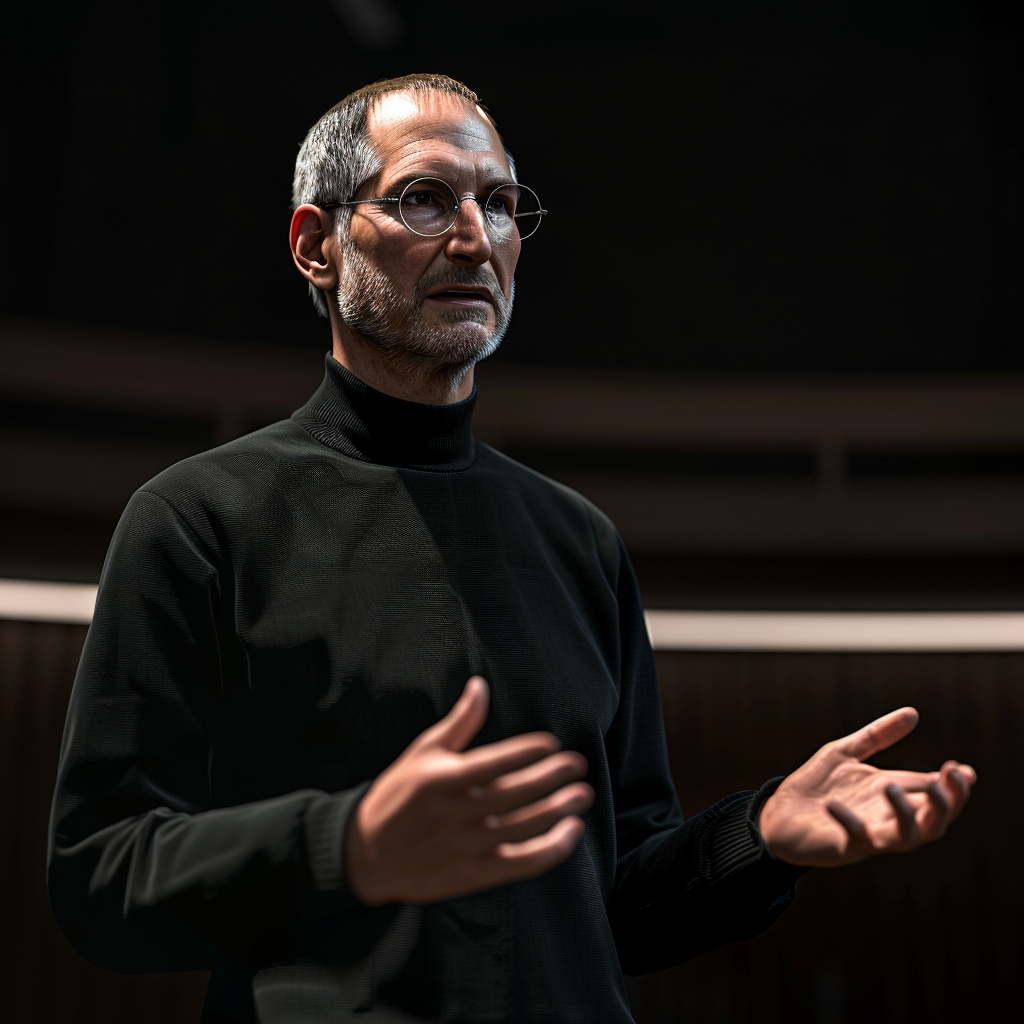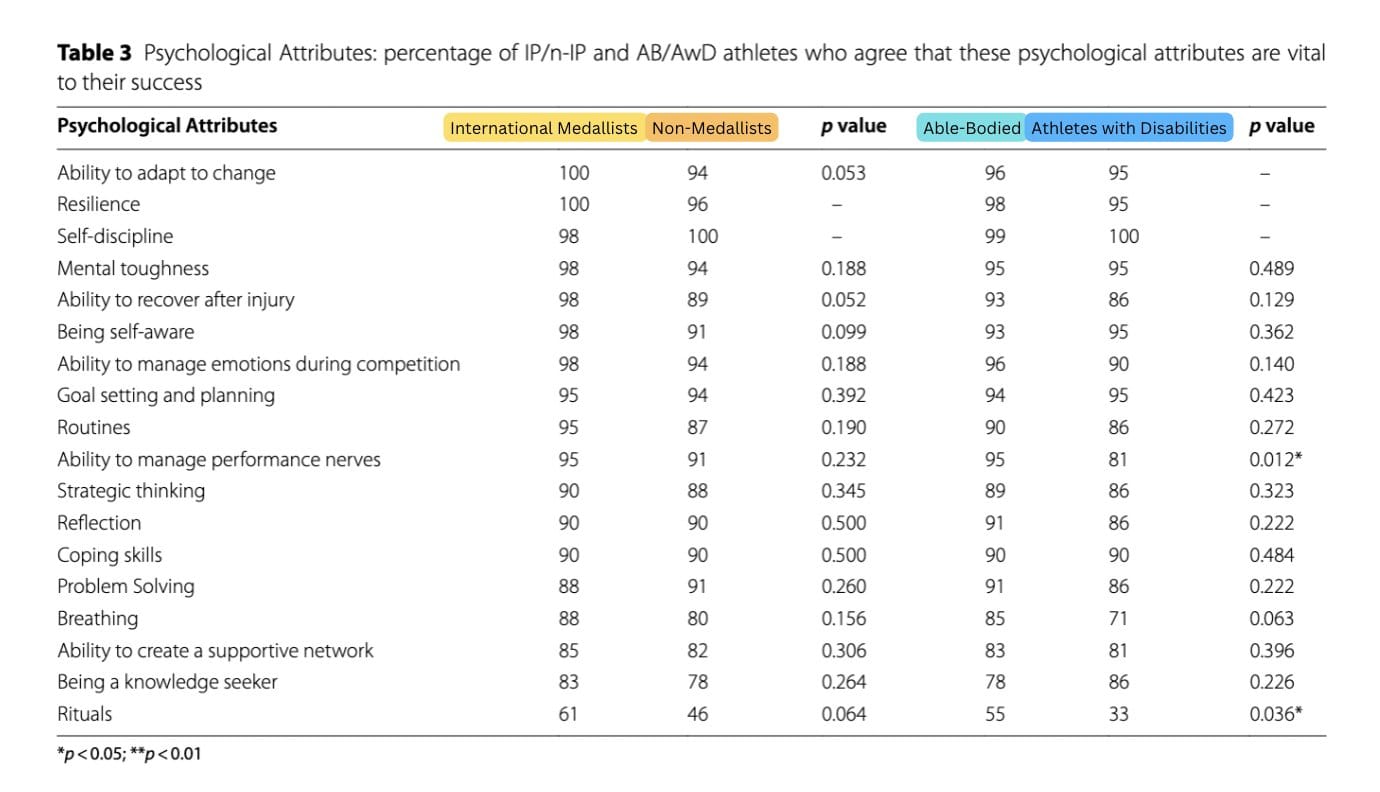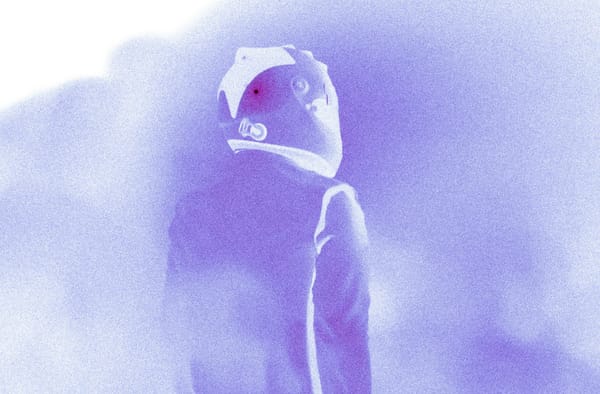1% versus 99%

What is the difference between the 1% and the 99%? What do you mean by 1% and 99%, anyway?
If you look around, you'll notice this pattern in society. A very small percentage (I have used an arbitrary 1% number) is exceptional. Then there is everyone else.
In tennis, there will be a Djokovic or a Pete Sampras. In politics, there will be a Modi. In business, there will be an Elon Musk or Mr. Birla, and in science, there will be an Einstein.
The difference between 1% and the rest is not minor.
For example, the difference between the fastest runner on earth and the 20th fastest runner is huge.
But these differences do not apply just to the more obvious ones. The difference between an exceptional football coach and the rest is huge. So is the difference between a good doctor, lawyer, author, speaker, and so on.
So, why does the 1% end up getting there?
I am parking the obvious factors like luck and circumstances. Djokovic, as he famously discovered, wasted his skill and talent without addressing his nutrition. He was lucky that someone reached out to help him fix it.
But there would be millions of others who have had similar experiences. Not all of them went on to win several grand slams.
It is a single-minded focus, according to everything I have learned. Focus that is unmatched by anyone. But there is a catch.
Imagine a set of three people. The first has the talent, focus, and puts in the time. The second is lacking one of the three, talent, focus or time.
The outcome is vastly different.
Therefore, if you possess natural talent and can invest the same amount of time as others, it will be your focus that sets you apart.
But there is more.
In a recent survey done of top athletes, some of the attributes that really mattered for success included the ability to adapt to change, resilience, self-discipline, mental toughness and the ability to recover from injury.

Reach out to me on twitter @rbawri Instagram @riteshbawriofficial and YouTube at www.youtube.com/breatheagain






